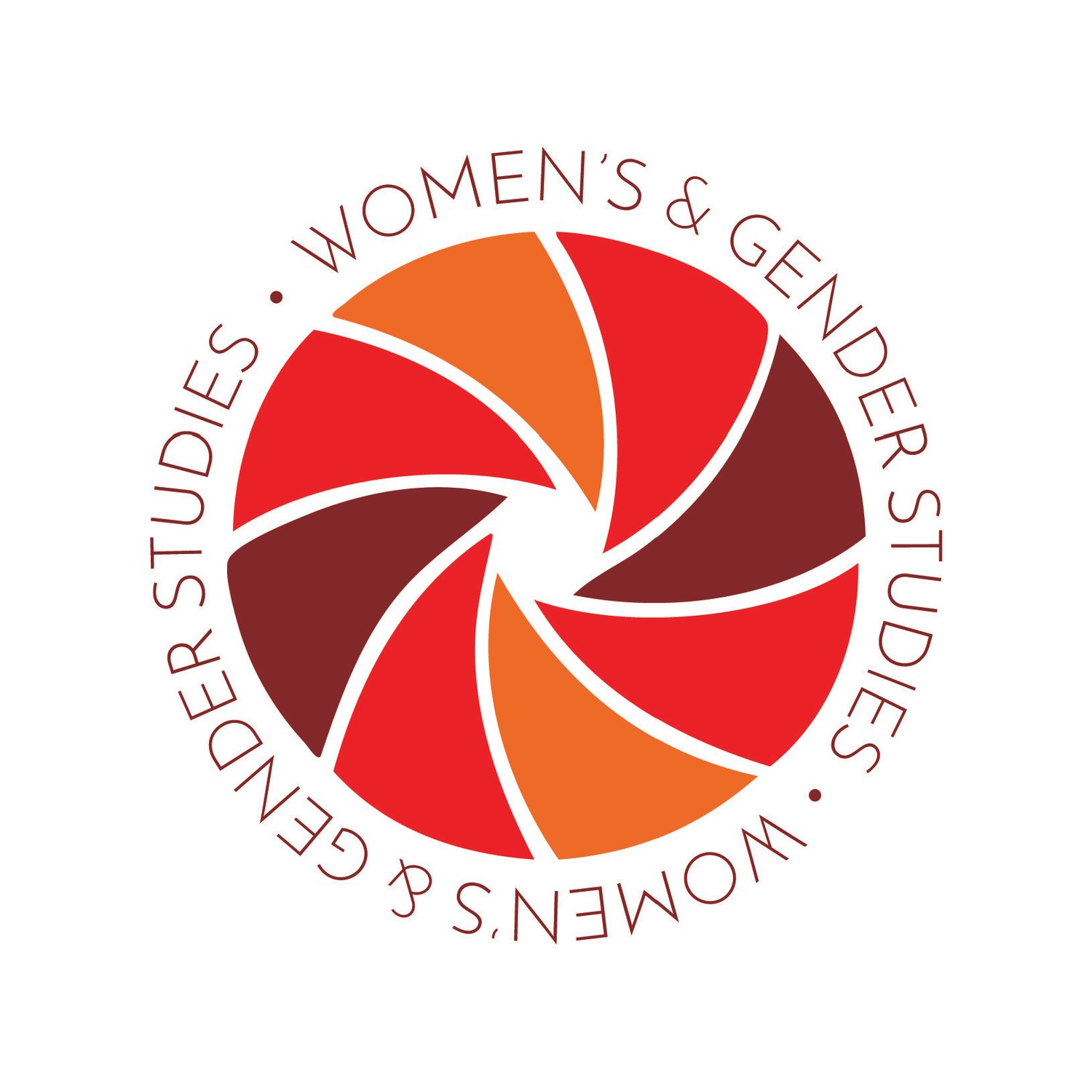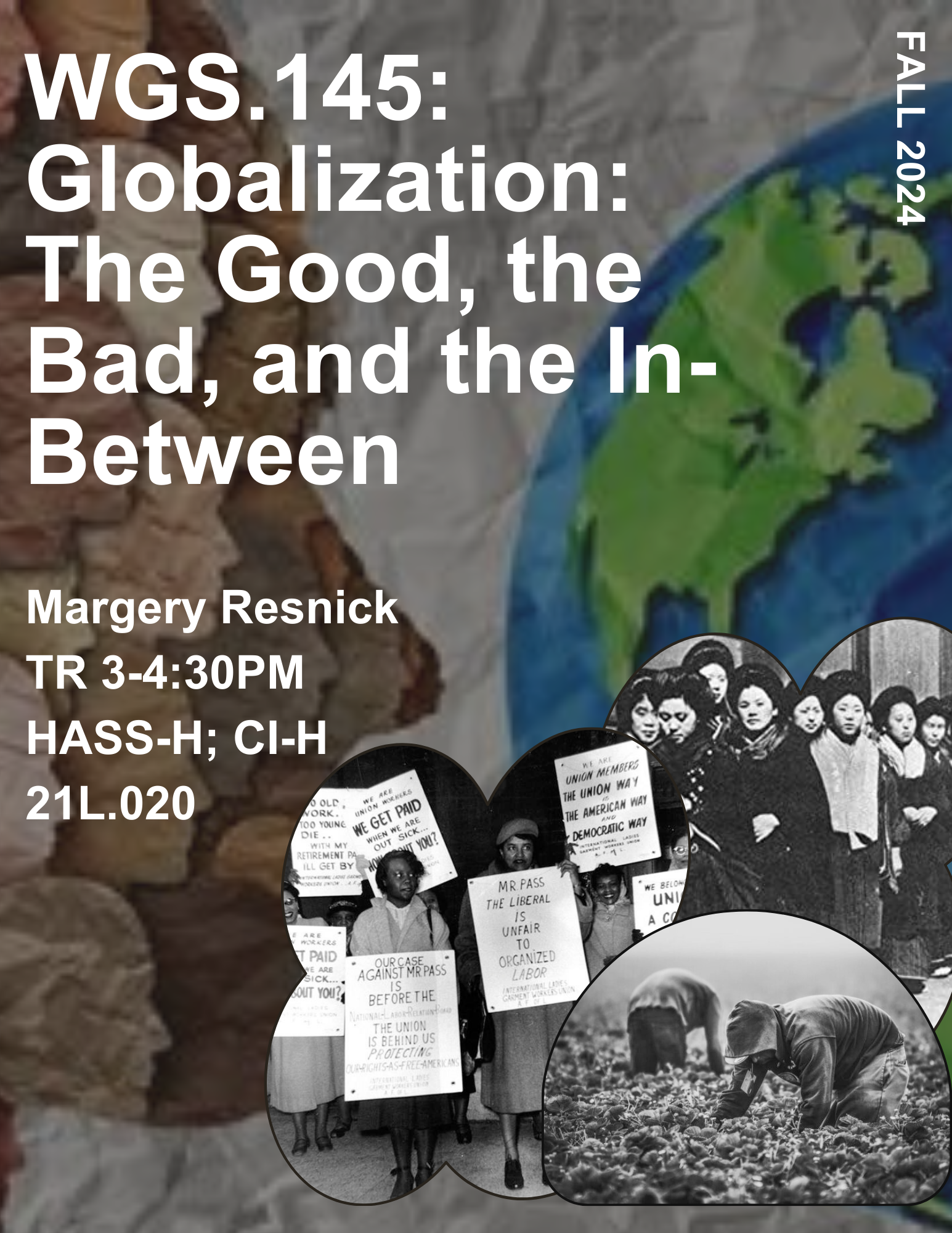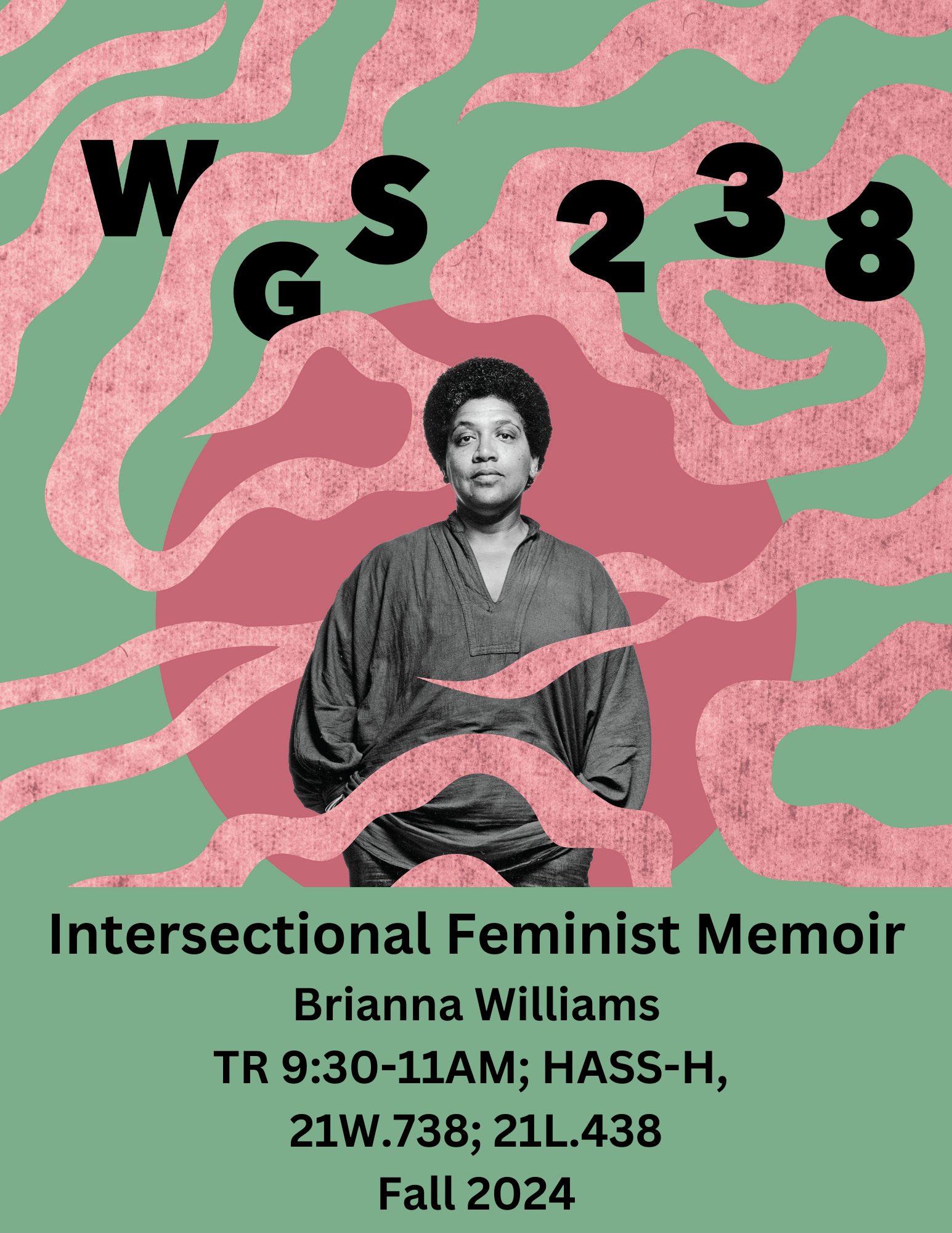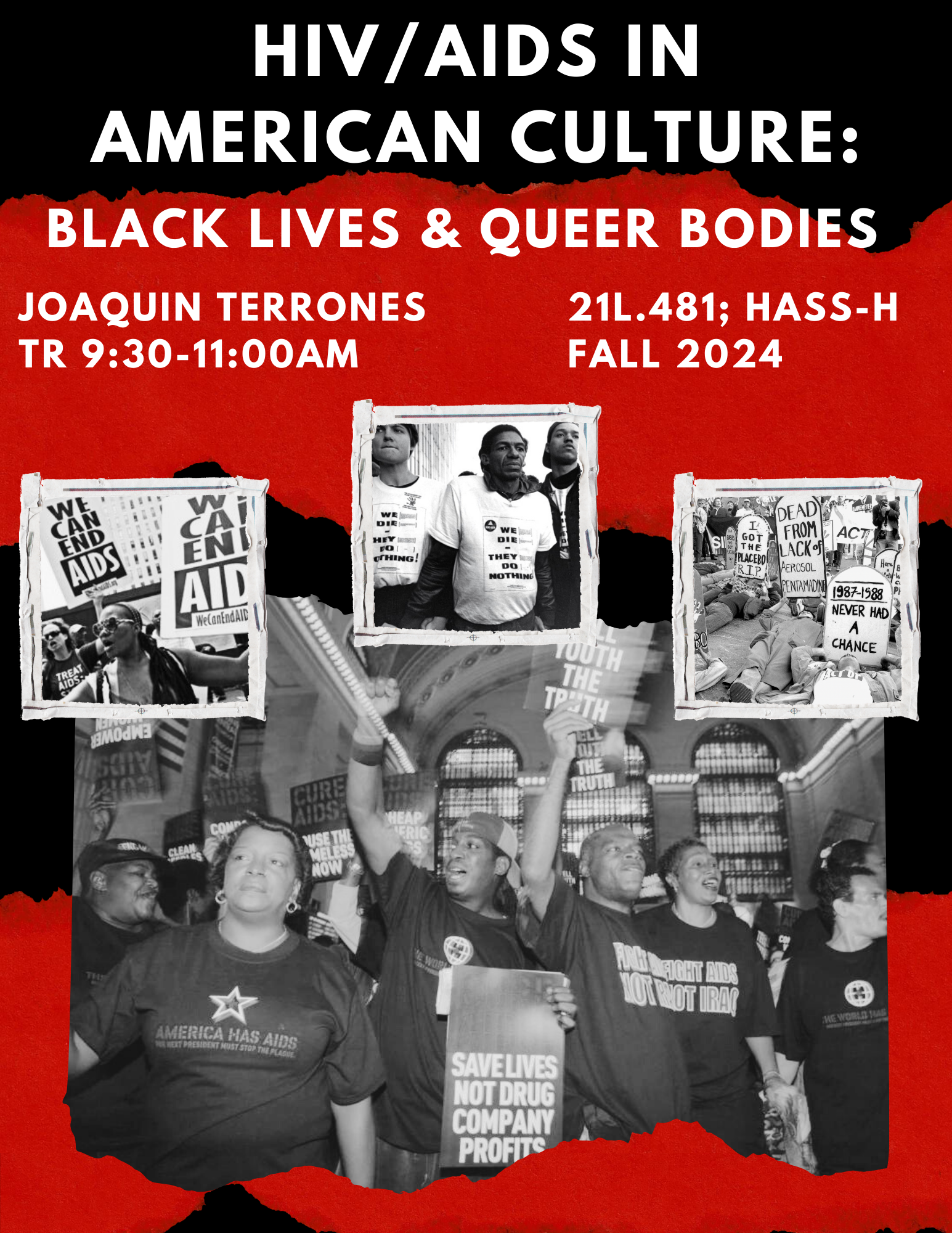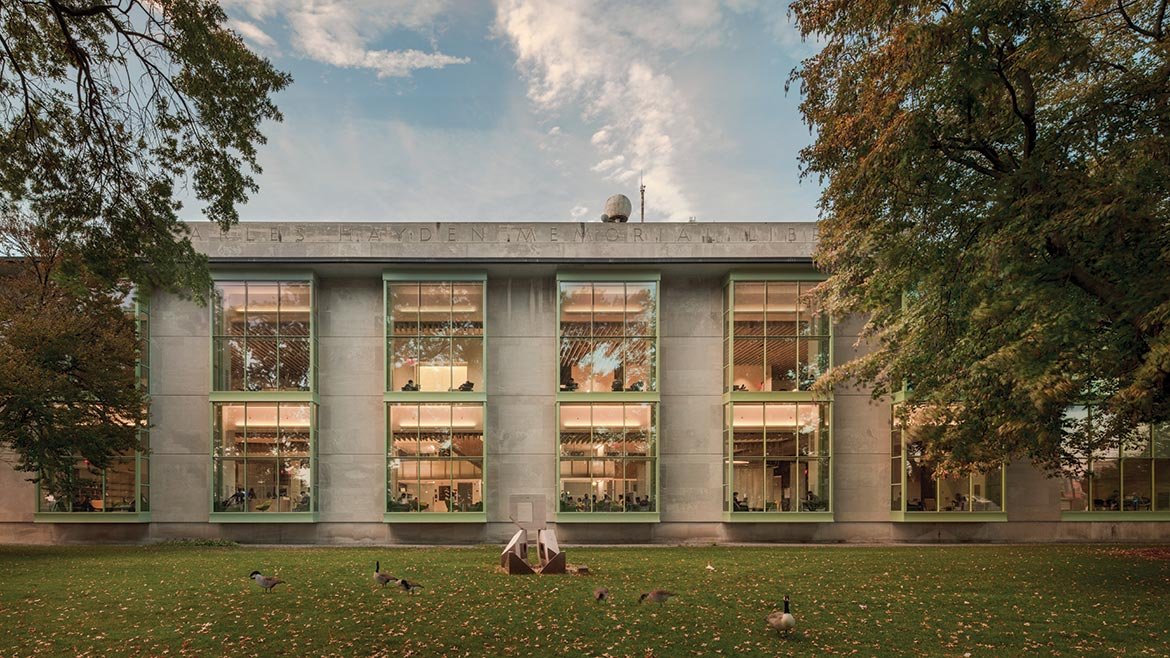
Fall 2024
Drawing on multiple disciplines - such as literature, history, economics, psychology, philosophy, political science, anthropology, media studies and the arts - to examine cultural assumptions about sex, gender, and sexuality. Integrates analysis of current events through student presentations, aiming to increase awareness of contemporary and historical experiences of women, and of the ways sex and gender interact with race, class, nationality, and other social identities. Students are introduced to recent scholarship on gender and its implications for traditional disciplines.
Examines the social, cultural, economic, and political aspects of digital games. Topics include the culture of gameplay, gaming styles, communities, spectatorship and performance, gender and race within digital gaming, and the politics and economics of production processes, including co-creation and intellectual property. Students taking graduate version complete additional readings and assignments.
Examines Afrofuturism, magical realism, and other forms of the fantastic in literary texts, film, and other media. Through close reading and attention to historical, cultural, and sociopolitical context, students consider how these works reinterpret the past, diagnose modernity, and posit alternative futures. Particular attention given to the roles race, gender, class, and sexuality play within these radically imaginative worlds. Topics vary from term to term but might include work by Octavia Butler, Gabriel García Márquez, Samuel Delany, Toni Morrison, N.K. Jemisin, José María Arguedas, and Janelle Monáe.
Examines the cultural paradoxes of contemporary globalization. Studies the cultural, artistic, social and political impact of globalization across international borders. Students analyze contending definitions of globalization and principal agents of change, and why some of them engender backlash; identify the agents, costs and benefits of global networks; and explore how world citizens preserve cultural specificity. Case studies on global health, human trafficking and labor migration illuminate the shaping influence of contemporary globalization on gender, race, ethnicity, and class. Develops cultural literacy through analysis of fiction and film. Enrollment limited.
Examines the role scientists have played as activists in social movements in the US following World War II. Themes include scientific responsibility and social justice, the motivation of individual scientists, strategies for organizing, the significance of race and gender, and scientists' impact within social movements. Case studies include atmospheric testing of nuclear weapons and the nuclear freeze campaign, climate science and environmental justice, the civil rights movement, Vietnam War protests, the March 4 movement at MIT, and concerns about genetic engineering, gender equality, intersectional feminism, and student activism at MIT.
Studies and develops computational identity systems for games, social media, virtual worlds, and computer-based artwork. An interdisciplinary set of readings (cognitive science, computer science, art, and sociology) looks at both the underlying technology and the social/cultural aspects of identity. Includes topics such as developing improved characters, avatars, agents, social networking profiles, and online accounts. Engages students in on-going research projects. Explores how social categories are formed in digital media, including gender, class, and ethnicity, along with everyday social categories (such as those based on personality or shared media preferences). Experience required in one of the following: computer programming, graphic design, web development, interaction design, or social science research methods. Students taking graduate version complete additional assignments.
Examines the role of science and medicine in the origins and evolution of the concepts of race, sex, and gender from the 17th century to the present. Focus on how biological, anthropological, and medical concepts intersect with social, cultural, and political ideas about racial, sexual, and gender difference in the US and globally. Approach is historical and comparative across disciplines emphasizing the different modes of explanation and use of evidence in each field.
Examines evidence (and lack thereof) regarding when and how an individual's thoughts, feelings, and actions are affected by sex and gender. Using a biopsychosocial model, reviews the following topics: gender identity development across the lifespan, implicit and explicit bias, achievement, stereotypes, physical and mental health, sexuality, interpersonal relationships, work, and violence. Limited to 20
The issue of race and racial identity have preoccupied many writers throughout the history of the US. Students read Jessica Abel, Diana Abu-Jaber, Lynda Barry, Felicia Luna Lemus, James McBride, Sigrid Nunez, Ruth Ozeki, Danzy Senna, Gloria Anzaldua, Judith Ortiz Cofer, Carmit Delman, Stefanie Dunning, Cherrie Moraga, Hiram Perez and others, and consider the story of race in its peculiarly American dimensions. The reading, along with the writing of members of the class, is the focus of class discussions. Oral presentations on subjects of individual interest are also part of the class activities. Students explore race and ethnicity in personal essays, pieces of cultural criticism or analysis, or (with permission of instructor) fiction. All written work is read and responded to in class workshops and subsequently revised. Enrollment limited.
Introduction to some of the major genres of traditional Chinese poetry, fiction, and drama. Intended to give students a basic understanding of the central features of traditional Chinese literary genres, as well as to introduce students to the classic works of the Chinese literary tradition. Works read include Journey to the West, Outlaws of the Margin, Dream of the Red Chamber, and the poetry of the major Tang dynasty poets. Literature read in translation. Taught in English.
Explores the memoir genre through a feminist intersectional lens, looking at the ways in which feminist writers ground personal experience within a complex understanding of race, gender, sexuality, class, ethnicity, immigration status/nationality, and dis/ablity. Gives particular attention to the relationships between the personal and the political; form and content; fact, truth, and imagination; self and community; trauma and healing; coming to voice and breaking silence. Readings include books by Audre Lorde, Janet Mock, Daisy Hernandez, Jessica Valenti, and Ariel Gore, and shorter pieces by Meena Alexander and Leah Lakshmi Piepzna-Samarasinha. Drawing on lessons taken from these works, students write a short memoir of their own.
Examines cultural responses to HIV/AIDS in the US during the first fifteen years of the epidemic, prior to the advent of highly active antiretroviral therapy. Students consider how sexuality, race, gender, class, and geography shaped the experience of HIV/AIDS and the cultural production surrounding it, as well as the legacy of this cultural production as it pertains to the communities most at risk today. Materials include mainstream press coverage, film, theater, television, popular music, comic books, literature, and visual art.
Explores ways contemporary writers re-imagine myth and fairy tales through lens of gender and sexuality. Examines how old stories can be retold to resonate with issues of power, violence, courage, resistance, identity, community, silence, and voice. Students complete writing project where they re-imagine a myth or fairy tale.
Explores some of the forces and mechanisms through which stereotypes are built and perpetuated. In particular, examines stereotypes associated with Asian women in colonial, nationalist, state-authoritarian, and global/diasporic narratives about gender and power. Students read ethnography, fiction, and history, and view films to examine the politics and circumstances that create and perpetuate the representation of Asian women as dragon ladies, lotus blossoms, despotic tyrants, desexualized servants, and docile subordinates. Students are introduced to debates about Orientalism, gender, and power.
Explores gender roles, illuminates the power dynamics and root causes of inequality, and provides a framework for understanding gender dynamics. Develops skills to conduct a gender analysis and integrate gender-sensitive strategies into large- and small-scale development solutions. Prompts critical discussion about social, economic, and political conditions that shape gender in development. Begins with exploration of international development in the post-colonial era, using a gender lens, then provides students with the tools to integrate gender-sensitive strategies into international development work, with a particular focus on launching, building and scaling women's ventures. Opportunities may be available for international fieldwork over IAP. Meets with 24.234 when offered concurrently. Students taking graduate version complete additional assignments. Limited to 12; must attend first class session.
Focuses on the power dynamics in internet-related technologies (including social networking platforms, surveillance technology, entertainment technologies, and emerging media forms). Theories and readings focus on the cultural, social, economic, and political aspects of internet use and design, with a special attention to gender and race. Topics include: online communication and communities, algorithms and search engines, activism and online resistance, surveillance and privacy, content moderation and platform governance, and the spread of dis- and misinformation. Instruction and practice in written and oral communication provided. Students taking the graduate version complete additional readings and assignments.

